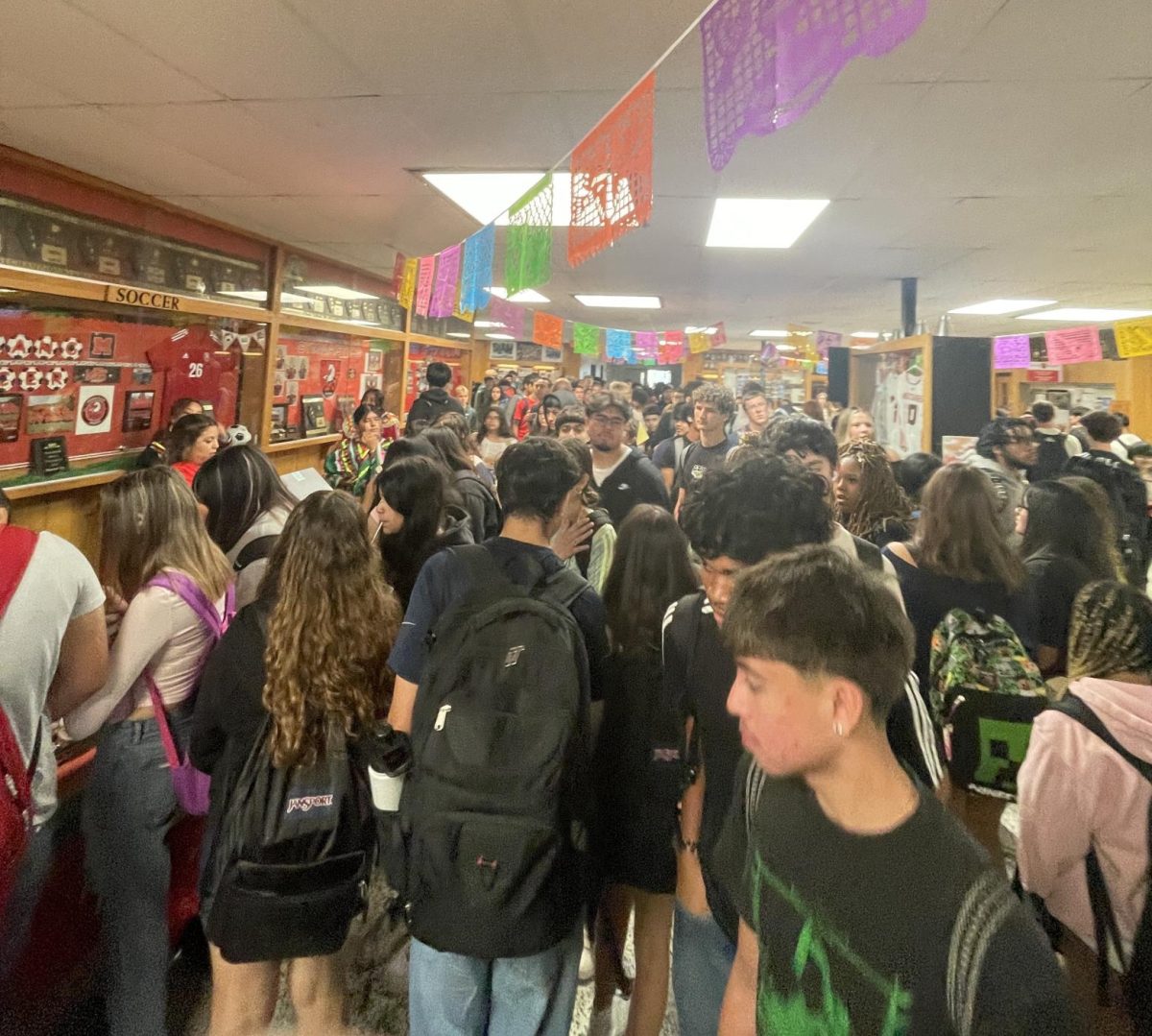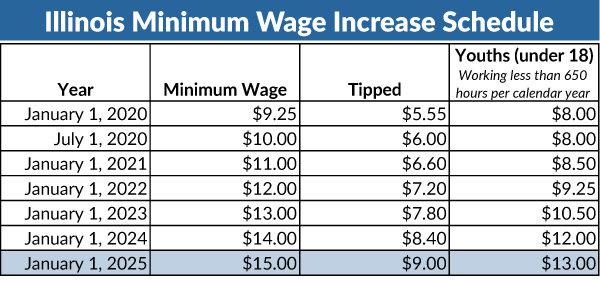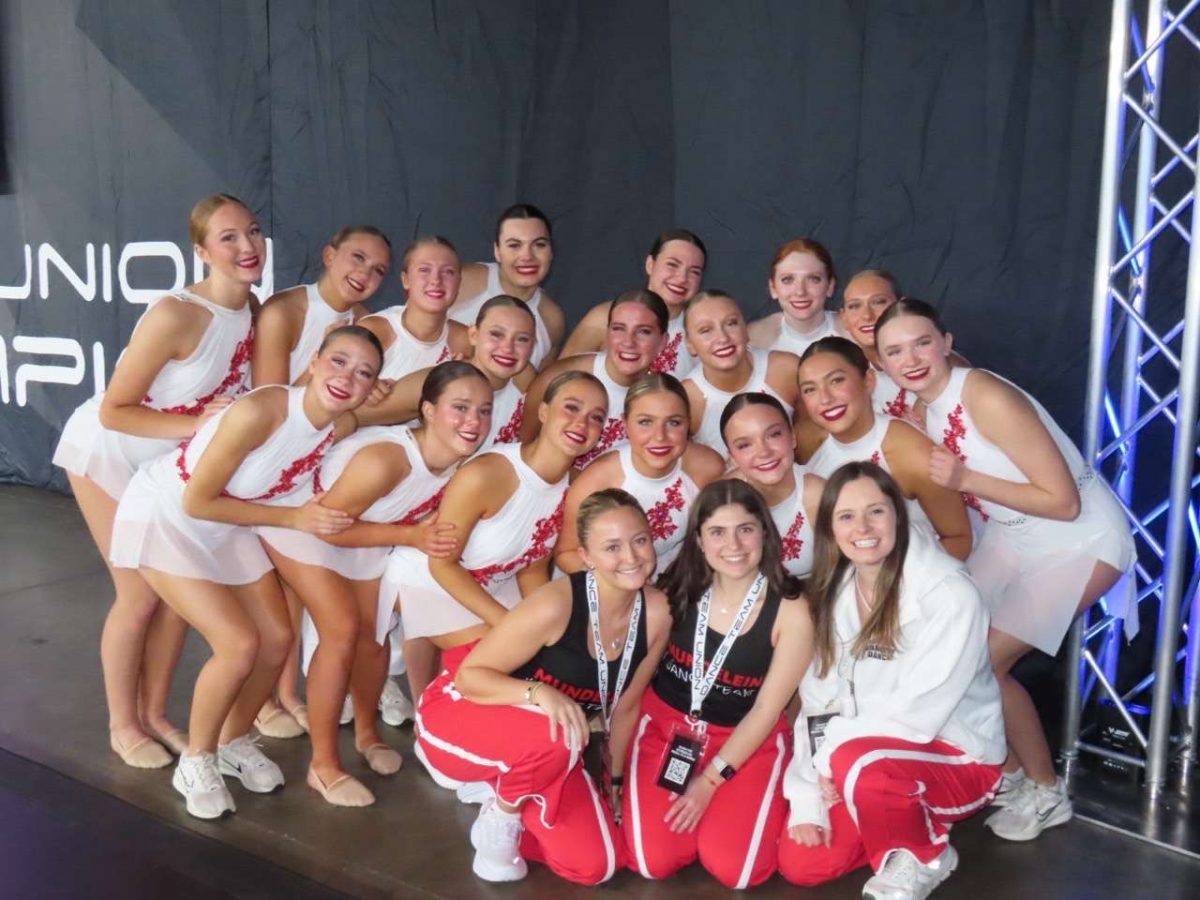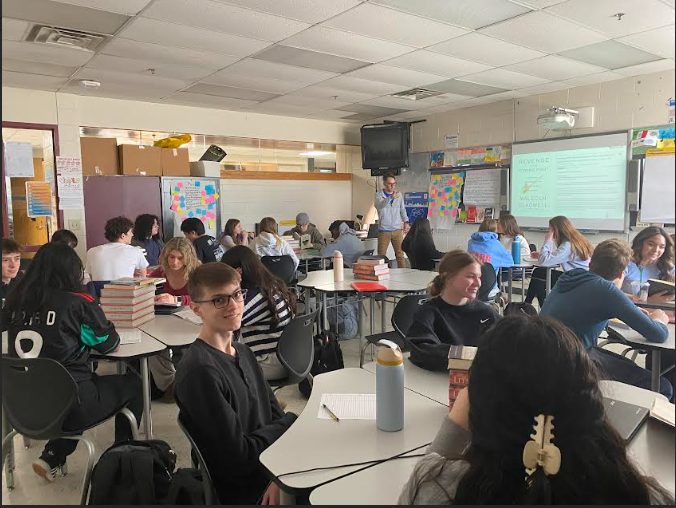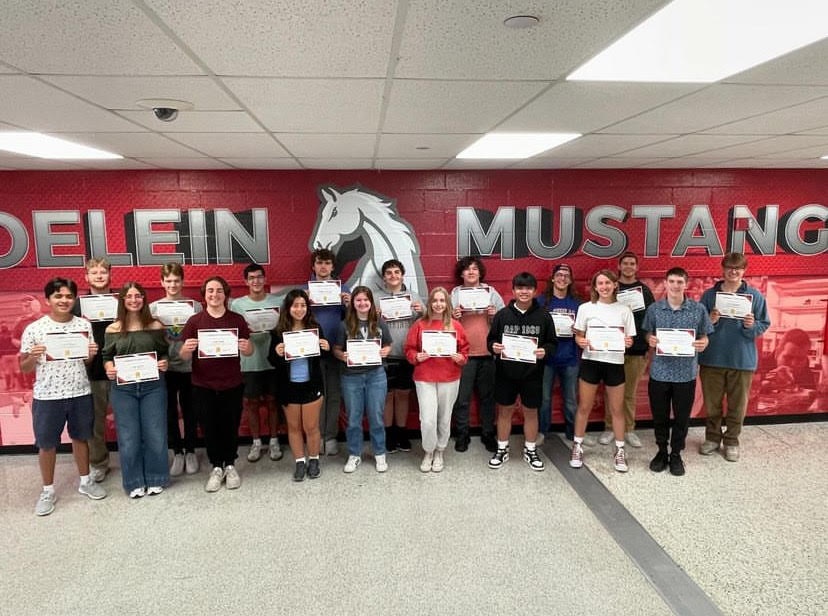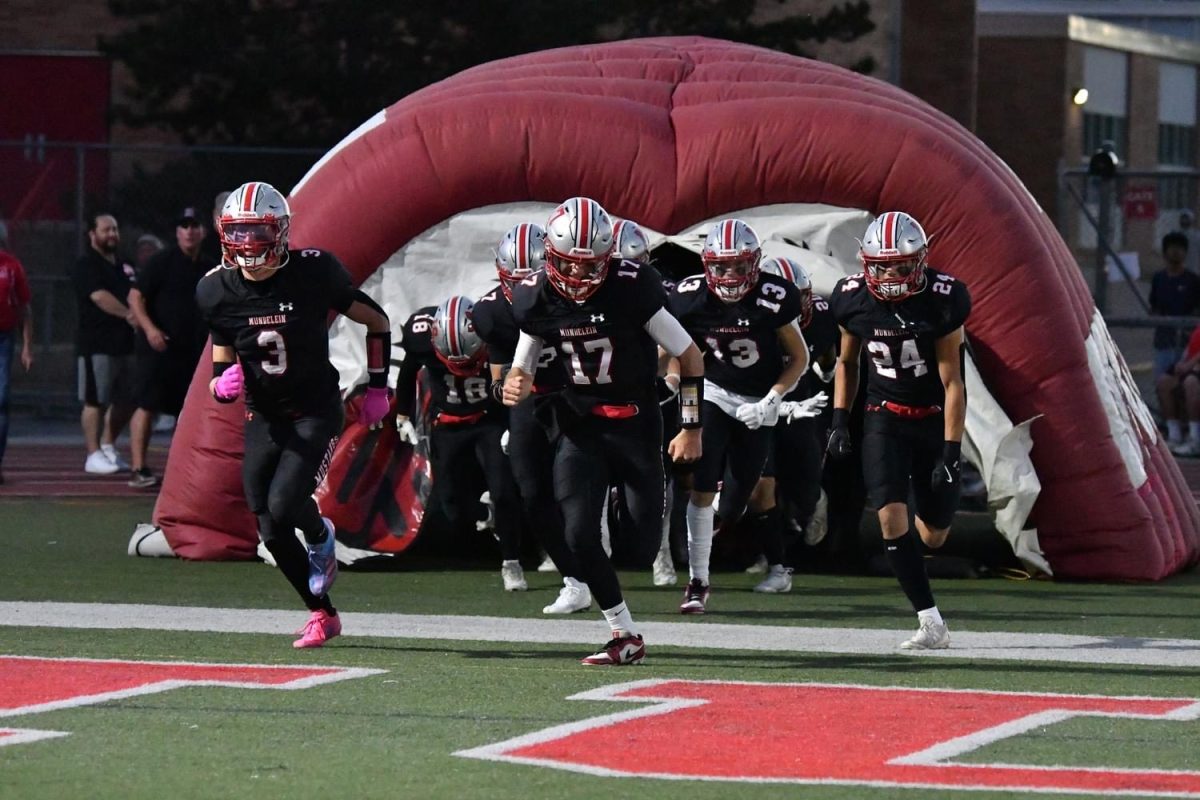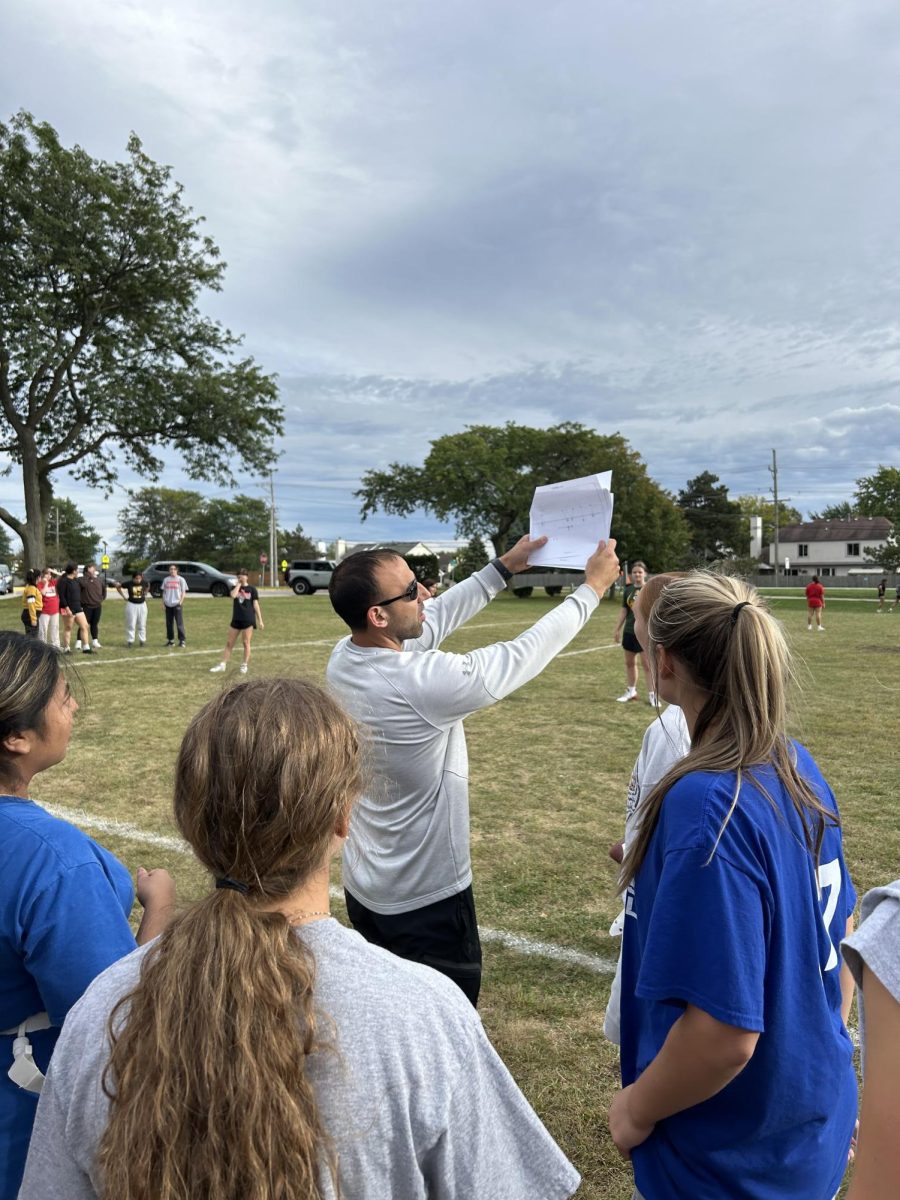A referendum is defined by “a general vote by the electorate on a single political question that has been referred to them for a direct decision.”
The community of MHS has been asked whether or not they want to increase their taxes to renovate the high school. The referendum was voted on in the Spring of 2023 and failed by a slight majority. Now, MHS turns to the community again, pleading for their vote on the upcoming referendum that will be on the Presidential ballot on Nov. 5. However, this is not the same proposal. The MHS school board has revised its plan based on community feedback.
Kevin Quinn, Director of Facilities, said, “The priorities have never shifted.” Quinn means that the referendum still plans on renovating the aged infrastructure, the performing arts center, the cafeteria, adding a field house, and adding a CTE program.
One of the main focuses of the referendum is on the infrastructure of the school because the “systems were built in 1958, and commercial construction has a 50 to 75 year lifespan. We’re at that point,” said Quinn, “Additionally, the school was originally built for 1500 students, and now we have 2290 students.”
The growing student population has led MHS to be overcrowded in many of its main facilities including classrooms, gyms, performing art centers, and the cafeteria.
Mundelein community member and long-term resident , Pam Whitaker, said, “I’ve read a lot about the overcrowding on the school’s website.” She read about how “the cafeteria is extremely crowded, and they have several periods for everybody to fit in, to find time to eat, and that’s not an easy thing to navigate,” said Whitaker. Both of Whitaker’s children graduated from MHS already.
Regarding the overcrowding and discomfort in the cafeteria, Quinn added, “Our cafeteria two weeks ago was 94 degrees during lunch periods. That was for two days in a row from excessive heat outside. It’s not an air-conditioned space. We know how important that is. But we can’t put in air conditioning due to the underground systems and electrical components that are outdated.”
Not only does the cafeteria not have air conditioning, neither do both of the gyms. Quinn mentioned how, because of this, students were unable to have class in the gym already twice this year.
The outdated infrastructure has also been known to cause water main breaks, forcing the school to cancel classes for the day.
The overcrowding in MHS can also be seen in classrooms. Oftentimes, classes can have up to 32 students. This upcoming referendum will also focus on adding academic spaces in order to have small class sizes.
“We heard from the community the complaint of the lack of academic components. So we added classrooms. It’s a total of 11 classrooms added to our plan that didn’t exist in the last referendum and that’s based on community feedback,” said Quinn.
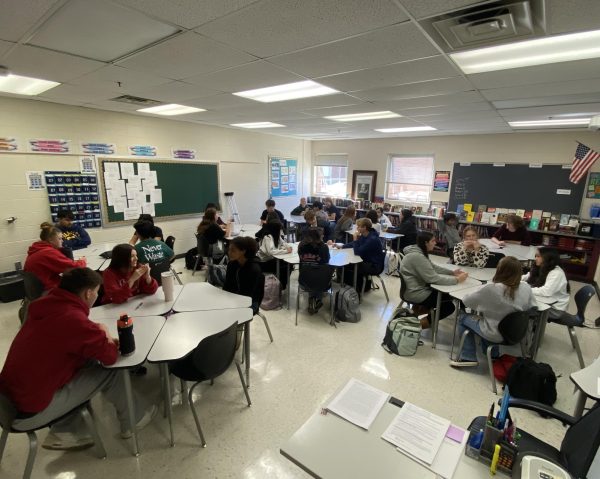
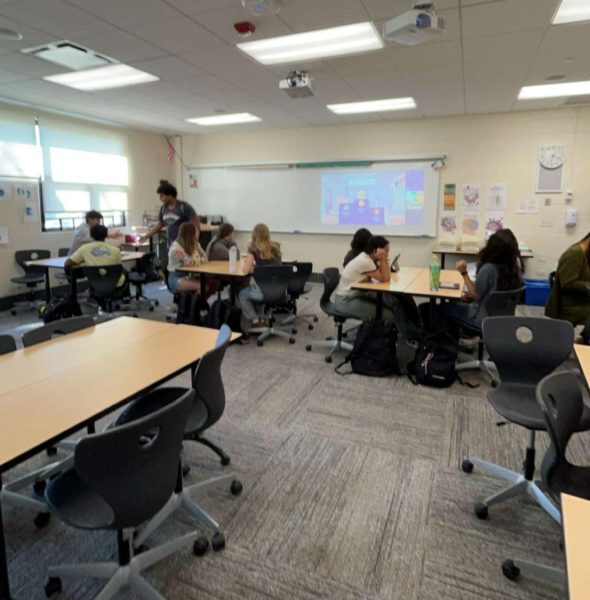
Many current students witness the lack of space and updated facilities in MHS. However, many of them are still reluctant to vote for the referendum.
Senior Paul Cory said, “I do agree that there are improvements the school can make. For instance, the overcrowding in the hallways is a problem, but I think this referendum should be more focused. If it was significantly cheaper than I think people wouldn’t have as big of a problem with it.”
Even though the referendum would increase resident’s property taxes, this upcoming referendum proposal reduced the cost substantially.
“The difference in this one is we reduced the scope by 36,000 square feet of construction. We’ve also reduced the cost by $25 million,” said Quinn, “On a $300,000 home, the impact would be about $414 annually.” He advises families to calculate how much they would pay by using the net price calculator on the school’s website.
Additionally, “The term of the bond that supports referendum is going to be moved to 30 years. What this does is effectively reduce the yearly cost of a homeowner by 40%,” said Quinn.
The increasing taxes are the main component that holds people back from voting for the referendum.
Senior Chloe Winkler described how she feels torn about how she should vote this November.
“I’m hesitant to vote because I wouldn’t get to experience the benefits of the referendum. I understand it would add a price to my parents’ already heavy load and with my college payments coming up I’m not sure if it’s fair to make them pay for a school I nor my younger sibling will go to,” said Winkler. Like many other students, Winkler feels conflicted about voting for something that will not impact her personal education before she graduates.
She added, “It is however beneficial to the future generations that go through the school and to vote against it seems a bit selfish,” said Winkler.
Senior Danielle Saweh added how with the referendum “the school would be better able to support the anticipated influx of more students in the future–younger siblings would have access to things like flag football as a sport and a field house, better-performing arts facilities, easier parking, and a more functional cafeteria layout.”
Every year, the incoming freshmen class grows in size, yet the school’s current size and resources do not adjust adequately.
Even if someone’s time with MHS is over, or their kids have already graduated, Whitaker stressed the importance of still voting for the referendum.
“The way of the future is education. We live in neighborhoods with great, wonderful neighborhood schools close by, and if we’re going to continue to get rewarded for the benefits of having great schools to send our kids to, we have to keep funding the schools and finding ways to make things work,” said Whitaker.
Quinn said, “This school is a community asset.” He added that “we can’t wait until things have failed, or until we get a huge influx of students to decide to build because the process is a 5 to 10 year plan.”
Quinn mentioned how the referendum will benefit the entire community. “People continue to move into the area for Mundelein schools,” said Quinn, “Good schools create good neighborhoods. Good neighborhoods create good schools.”
